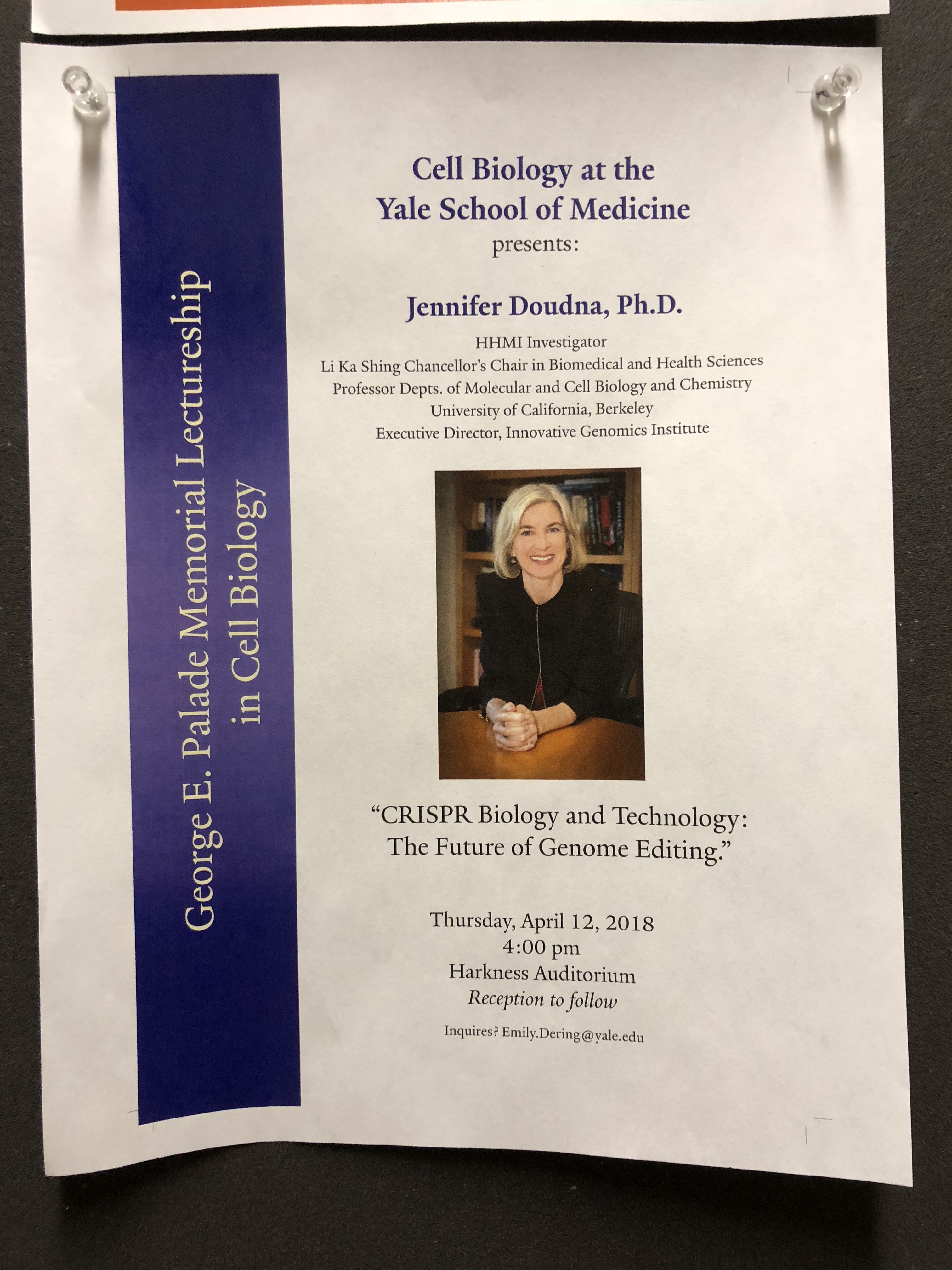APPLIED MATH/ANALYSIS SEMINAR
Speaker Mauro Maggioni, John Hopkins University
Date: Tuesday, April 10, 2018
Time: 3:45p.m. Refreshments (AKW, 1st Floor Break Area)
4:00p.m. Seminar (LOM 206)
Title: “Learning and Geometry for Stochastic Dynamical Systems in high dimensions”
Abstract:
We discuss geometry-based statistical learning techniques for performing model reduction and modeling of certain classes of stochastic high-dimensional dynamical systems. We consider two complementary settings. In the first one, we are given long
trajectories of a system, e.g. from molecular dynamics, and we estimate, in a robust fashion, an effective number of degrees of freedom of the system, which may vary in the state space of then system, and a local scale where the dynamics is well-approximated by a reduced dynamics with a small number of degrees of freedom. We then use these ideas to produce an approximation to the generator of the system and obtain, via eigenfunctions of an empirical Fokker-Planck equation (constructed from data), reaction coordinates for the system that capture the large time behavior of the dynamics. We present various examples from molecular dynamics illustrating these ideas.
In the second setting we only have access to a (large number of expensive) simulators that can return short paths of the stochastic system, and introduce a statistical learning framework for estimating local approximations to the system, that can be (automatically) pieced together to form a fast global reduced model for the system, called ATLAS. ATLAS is guaranteed to be accurate (in the sense of producing stochastic paths whose distribution is close to that of paths generated by the original system) not only at small time scales, but also at large time scales, under suitable assumptions on the dynamics. We discuss applications to homogenization of rough diffusions in low and high dimensions, as well as relatively simple systems with separations of time scales, and deterministic chaotic systems in high-dimensions, that are well-approximated by stochastic
diffusion-like equations.
Mauro Maggioni 4-10 flyer.pdf
